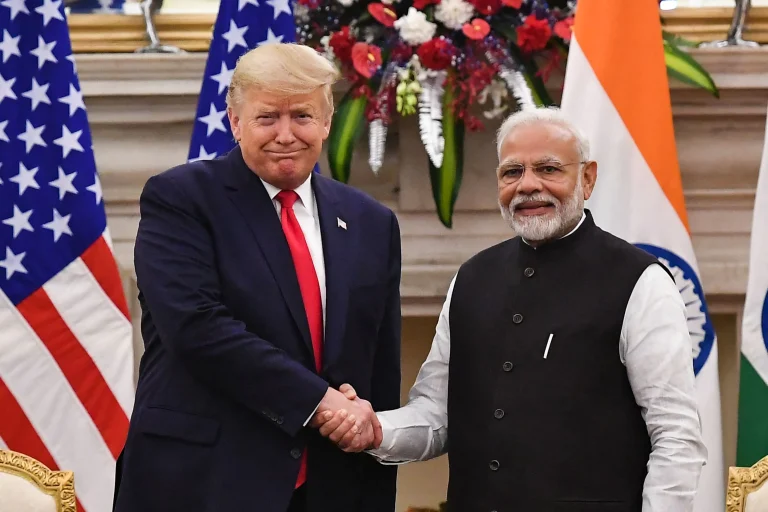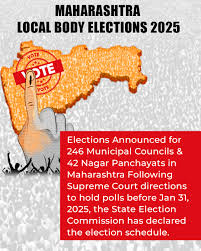Former Pakistani Prime Minister Imran Khan was arrested on corruption charges by Pakistan’s anti-corruption agency. The arrest took place at the Islamabad High Court and has sparked nationwide protests and clashes between Khan’s supporters and police, resulting in four death and several injuries. Khan has pleaded not guilty to the charges and his supporters claim that the cases against him are politically motivated.
If convicted, he could be barred from standing in the upcoming elections in October. The arrest has also prompted authorities in three provinces to declare an emergency order, banning all gatherings. This unrest comes at a time when Pakistan is facing its worst economic crisis in decades, with high inflation rates and weak growth.
On Tuesday in a dramatic turn of events, supporters of former Pakistani Prime Minister Imran Khan stormed the Pakistan Army headquarters in Rawalpindi. This came after Khan’s arrest in a corruption case, which triggered nationwide protests and violent demonstrations in several cities, including Rawalpindi, Lahore, Karachi, Gujranwala, Faisalabad, Multan, Peshawar, and Mardan.
The protests were marked by the burning of police vehicles, damage to public property, and even the setting on fire of the Radio Pakistan building in Peshawar. The caretaker government of Punjab called in the Rangers to control the situation and cut off Lahore from the rest of the province. This incident was unprecedented, and Khan’s supporters even smashed the main gate of the army’s sprawling headquarters in Rawalpindi, where the troops exercised restraint.
Till now more than 1000 arrests have been made in Pakistan, most of those arrests took place in the Punjab province. “Police teams arrested 945 law breakers and miscreants from across the province” Pakistani officials said.






